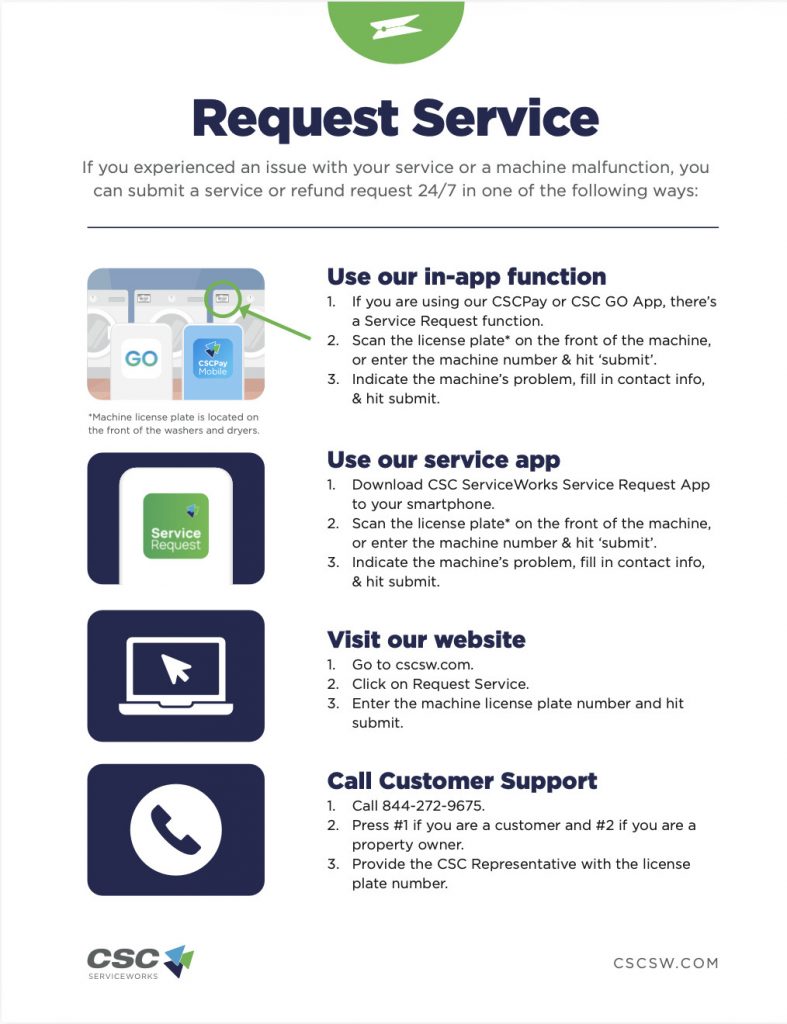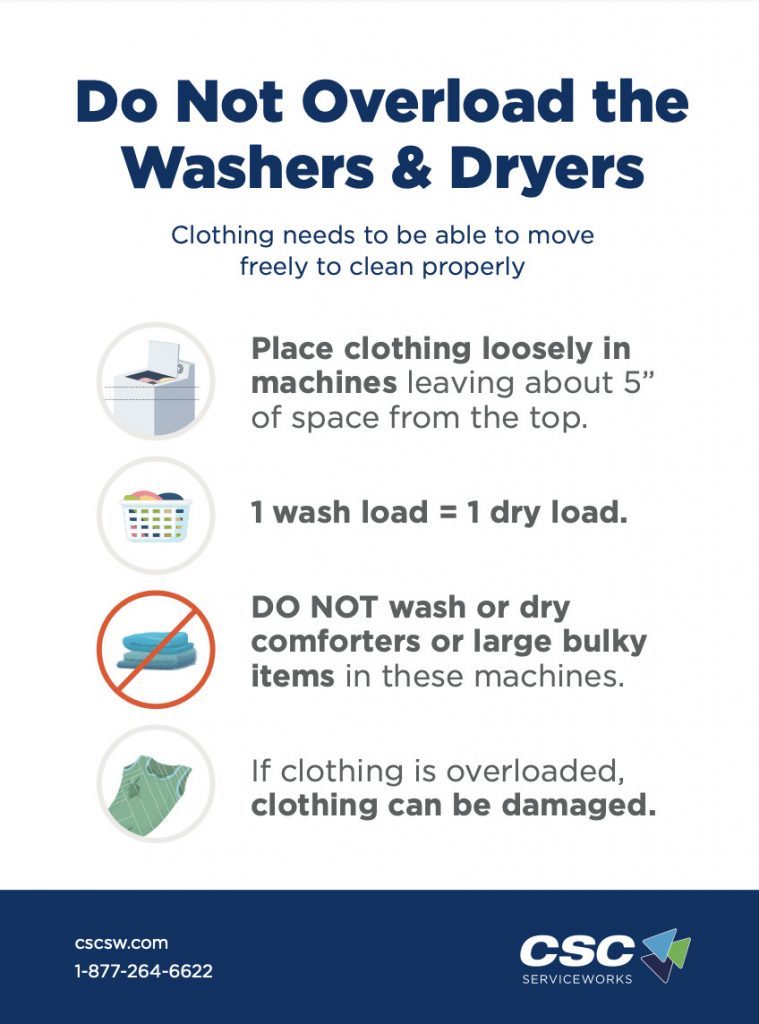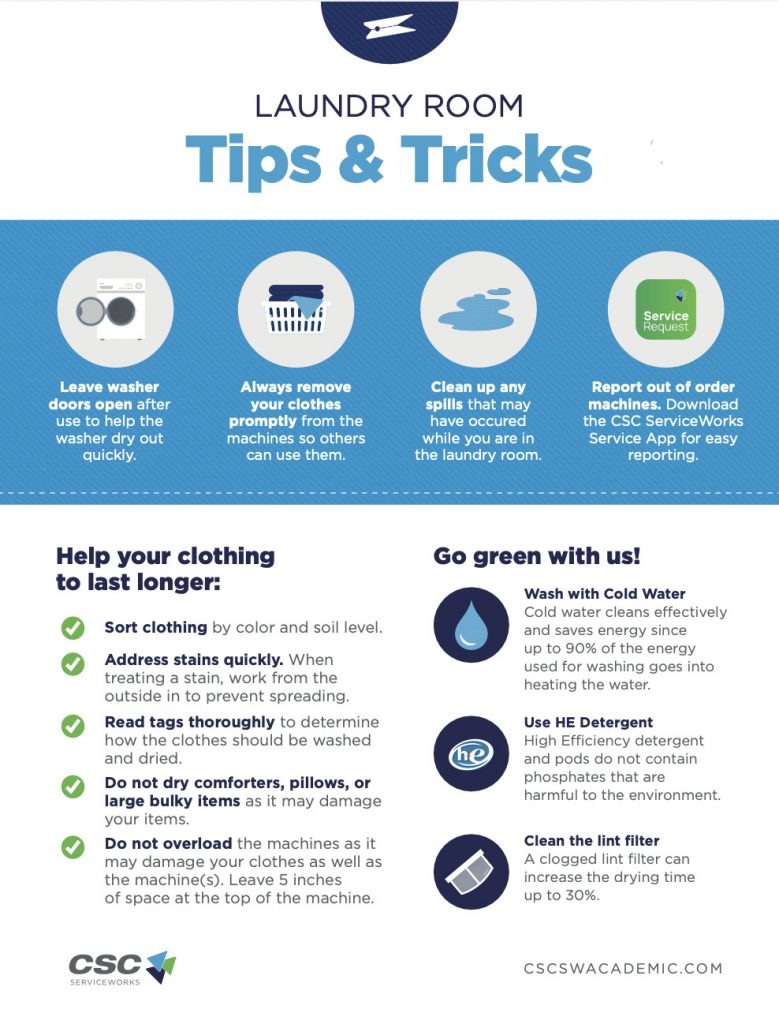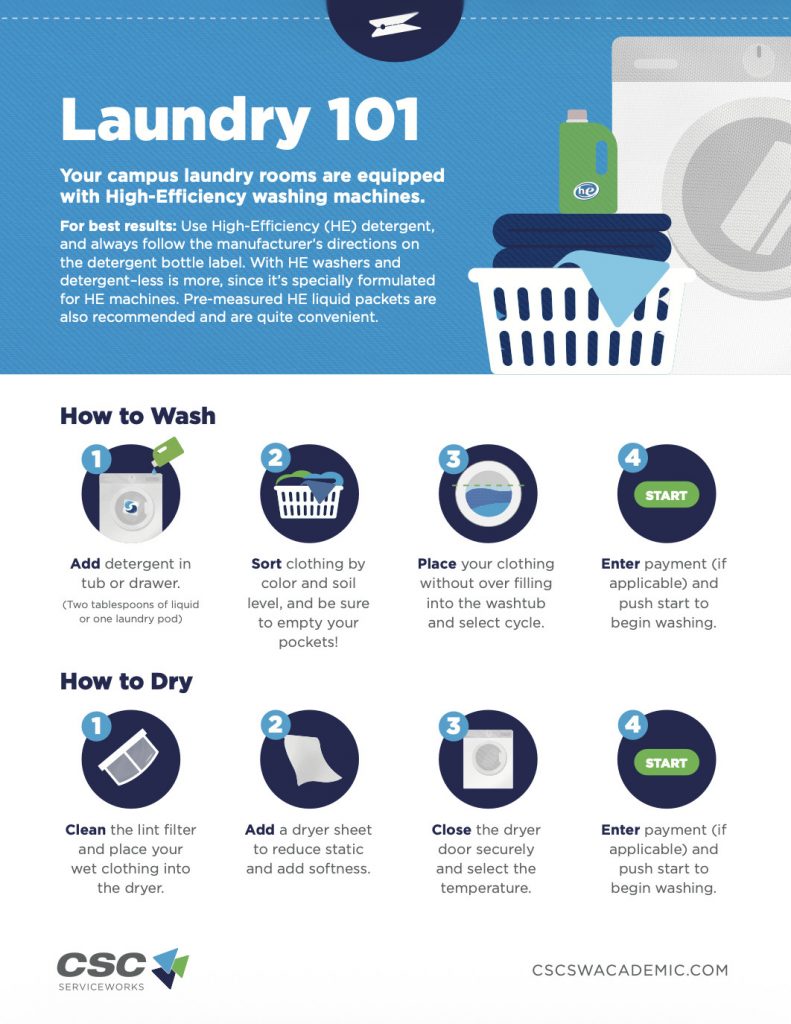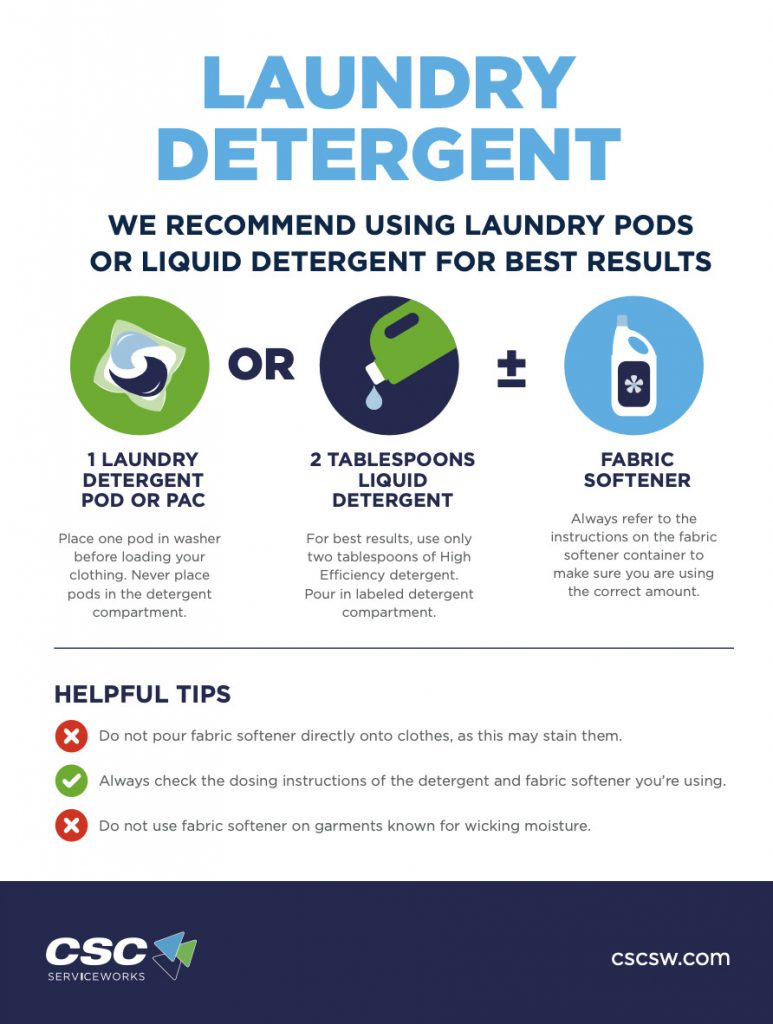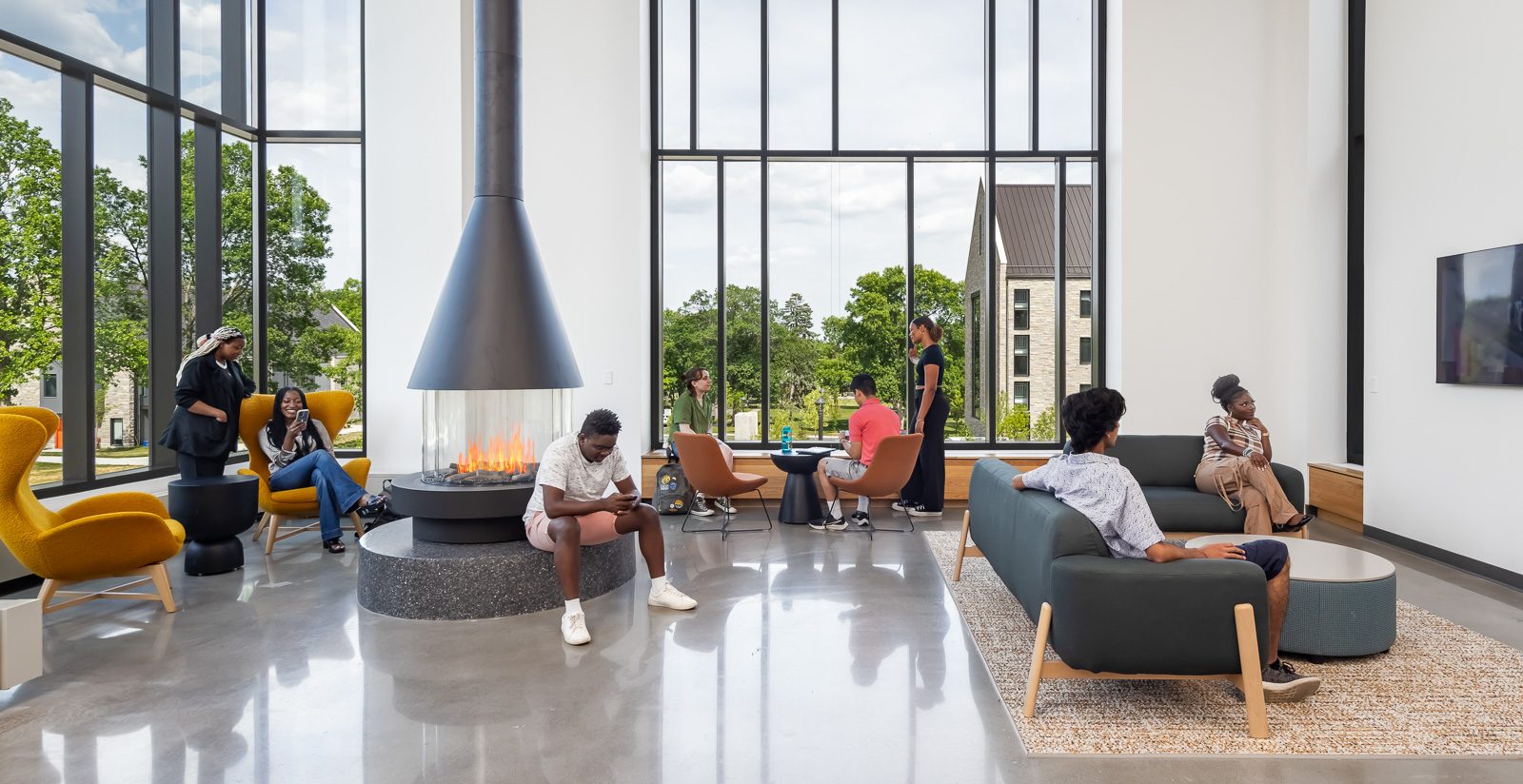
Residential Facilities
Support and Resources for On-Campus Living
Work Order
Need to enter a work order? Follow the instructions here:

Please remember that your building staff is also available to support you should you have an issue with submitting a work request. If your request is an emergency, please contact:
- Residence Life: Mon-Fri, 8:00 a.m. – 5:00 p.m. at 507-786-3615
- Public Safety: After Hours/Weekends/Holidays at 507-786-3666
Is something broken in your room that needs to be fixed? Did you notice something in a common space that needs some attention? Are you having issues with pests? Submit a work order with Facilities Services:
| Residence Hall | Residence Hall Code | Residence Hall Acronym |
| Ellingson Hall | Ellingson Hall | EH |
| Hilleboe Hall | Gertrude Hilleboe Hall | GHH |
| Hoyme Hall | Hoyme Hall | HMH |
| Kildahl Hall | Kildahl Hall | KH |
| Kittelsby Hall | Agnes Kittelsby Hall | AKH |
| Larson Hall | Agnes Larson Hall | ALH |
| Mellby Hall | Agnes Mellby Hall | AMH |
| Mohn Hall | Mohn Hall | MH |
| New Hall | Ole Ave Residence Hall Maintenance | OARH |
| Rand Hall | Rand Hall | RH |
| Thorson Hall | Thorson Hall | TH |
| Townhouses | Ole Ave Townhome Maintenance | OATH |
| Ytterboe Hall | Ytterboe Hall | YTT |
Have an issue with your refrigerator and microwave combo unit? All of our units are serviced by BedLoft.
To submit a work order, email: rfa@stolaf.edu.
In the email, provide BedLoft with a summary of what is wrong with your refrigerator and/or microwave, your phone number, and any times that you are able to meet with a BedLoft Service Technician.
The washer and dryers on campus are serviced by CSC Laundry Services.
- Place a Mobile Service Request: Google Play / Apple Store
- If you are not able to use a mobile device submit to rfa@stolaf.edu.
- Please include the following information in the email:
- Building Floor, Washer or Dryer, License (ID) Number on the Washer or Dryer and Summary of the issue
*Do not submit your work order to St. Olaf College Facilities. This will delay the work order request.
All of our Computers and Printers in the Residence Halls are serviced by the St. Olaf IT Helpdesk. If you are having an issue with a computer or printer, email the IT Helpdesk at help@stolaf.edu (cc housing@stolaf.edu).
Facilities Support Procedures
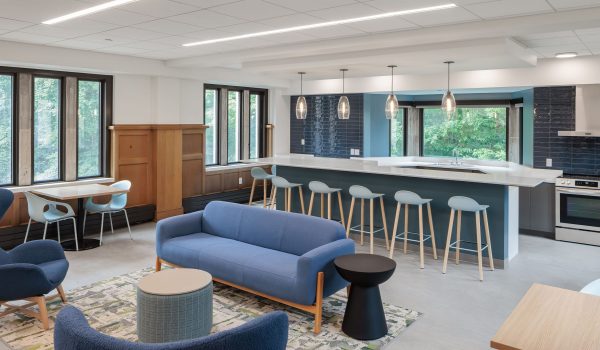
These facilities protocols and guidance is here to support the on-campus living experience. You may find some processes different from your previous experiences. When living in communal settings, facility process may need to change to support not only the individual student but the community as a whole. Please review the following protocols and guidance and submit any questions to housing@stolaf.edu.
Common Communal Health Conditions
There are health conditions that may emerge, we have provided a list along with basic information to consider when living amongst others.
Each room is furnished with a twin XL bed, two bed ends, and the mattress frame for each student in the room.
Lofting Kit Checkout
Students may choose to checkout additional lofting kit materials. The lofting kit includes:
- Two additional bed ends
- Four bed lofting pegs
- One Stabilizing Bar
- One Safety Rail
Lofting & Bunking Instructions
Please follow the instructions provided below to properly loft or bunk your bed.
If you are experiencing a bug or pest problem within your residence hall, please complete a work order to notify professional staff members. More information will be communicated to help students mitigate bugs or pests issues.
The health and safety of our students is a high priority for the College. All suspected bed bug cases are taken very seriously. Bed bugs are a common issue all across the United States as well as worldwide and can be found in high-end hotels, apartment complexes, hospitals and even college residence halls.
If you suspect bed bugs:
- You repeatedly wake up with unexplained bug bites on your body.
- You see dark brownish black stains appearing on your linens or mattress.
- Contact and speak directly with a housing staff member:
- M-F, 8:00 a.m. – 5:00 p.m. contact Residence Life Office: 507-786-2222
- After-hours/Weekends/Holidays contact Public Safety: 507-786-3666
- After making contact with a housing staff member, enter a work order.
- Facilities will coordinate with the pest control provider and Residence Life for an on-site inspection as soon as possible. It is important that a train professional confirms the existence of bed bugs.
What Not to do before an Inspection:
- Do not remove items from your room including throwing them away. If not done in the correct manner, you risk infecting other resident’s rooms and potentially re-infecting your room.
- Do not try to control the problem on your own. Bed bugs can go a long time without food and most over the counter treatments are ineffective.
- Do not relocate to another room. We understand the desire to not want to stay in your room, but staying in other spaces risks you taking bugs with you in any belongings you take. This would spread the bed bugs and could quite easily lead to your room being reinfected after treatment.
After the Inspection:
- Upon receiving inspection findings, Facilities will work closely with Residence Life who will provide residents with additional information including next steps if bed bugs have been detected.
- If bed bugs have been detected a proper treatment plan will be provided that must be followed.
- There are times where bites/rashes found on the body may have occurred from an issue other than bed bugs. Bed bug treatments are only done upon a positive detection.
Discolored water will appear in the residence typically due to 3 major reasons:
- Building has not has an occupants over an extended period
- Hydrant flushing
- Water Pipe Maintenance/Water Mains are Disrupted
When possible, Facilities strive to inform Residence Life of issues that may cause discoloration in the water. Below are a few major key points if you find water discoloration in the residence halls:
- If you haven’t been informed of the possible discoloration – report it to Public Safety (507) 786-3666.
- Let the water run approximately 5 minutes to see if the water clears up.
- Avoid doing laundry until the water discoloration disappears.
- Even with discoloration the water is safe to drink. But if you prefer – you may fill a bottle(s) with water if you are informed that a project may cause water discoloration.
Heating
There are different types of heating and cooling systems within the Residence Halls. All of the residence halls on campus operate through a heating controlled system. A thermostat is present in every room and is accessible to the residents. The heating cannot be turned off completely by the residents. Work Orders are submitted if the room temperature needs to be assessed.
The heating within the Residence Halls have an automatic shut-off. The heating operates on the outdoor temperature utilizing a range of 50-60 degrees farenheit. When temperatures fall consistently below 50 degrees farenheit, the heating is on in all of the residence halls. above 60 degrees farenheit, the heating will turn off in all residence halls.
For the residential buildings that do not have cooling, residents may find box/oscillating fans to provide some levels of comfort during seasonal changes.
Cooling
Cooling is available in New Hall, Rand Hall, Ytterboe Hall and the Townhouses. The cooling system in New Hall and Rand Hall cannot be adjusted by students. Students can control (to a degree) the cooling system in Ytterboe Hall and the Townhouses.
A review of the residential buildings and their systems are below. The residence halls note heating only (cooling is not provided in these spaces) and heating/cooling for buildings that have both.
| Residence Hall | Heating Only or Heating/Cooling |
| Ellingson Hall | Heating Only |
| Hill-Kitt Hall | Heating Only |
| Hoyme Hall | Heating Only |
| Kildahl Hall | Heating Only |
| Larson Hall | Heating Only |
| Mellby Hall | Heating Only |
| Mohn Hall | Heating Only |
| New Hall | Heating/Cooling |
| Rand Hall | Heating/Cooling |
| Thorson Hall | Heating Only |
| Ytterboe Hall | Heating/Cooling |
| Townhouses | Heating/Cooling |
Expectations for Residents Related to Substance Growth
Substances can grow if a room is not properly maintained or ventilated. If moisture is allowed to accumulate in a room, substances can grow. It is important that residents regularly allow air to circulate in a room. It is also important that residents keep the interior of the room clean. If issues such as leaks, moisture problems and/or substance growth are found, reach out until you talk directly to a housing staff member.
- Contact a staff member in your respective building.
- Residence Life: 507.786.3615
- Reach Residence Life-on-Call via Public Safety 507.786.3666
After making contact with a housing staff member, enter a work request through Facilities Services.
Residents must maintain rooms in a manner that prevents the occurrence of substance growth. To do so, residents should follow the procedures below.
- Keep the room free of dirt and debris that can harbor substance growth.
- Notify a housing staff member of any water intrusion, including but not limited to plumbing leaks, drips, “sweating” pipes, and overflows (e.g., sinks, toilets, etc.).
- Report to a housing staff member of any significant substance growth on surfaces inside the room.
- Allow university staff or its contractors to enter the room to inspect and make necessary repairs.
- Use exhaust fans whenever cooking, dishwashing, cleaning, showering or bathing cleaning, and enter a work order for any non-working fans.
- Use all reasonable care to close all windows and other openings in the room to prevent outdoor water from penetrating into the interior of the room.
- Clean and dry any visible moisture on windows, walls and other surfaces including personal property as soon as reasonably possible.
- Tampering with units or secured windows or failure to report problems with moisture may result in a residence hall policy violation
- Enter a work order for any problems with the air-conditioning or heating systems.
Document your verbal communication on an issue by submitting a work request.
Indoor Air Quality and Promoting Healthy Living Conditions in Residence Halls
Maintaining a satisfactory and healthy indoor environment and good indoor air quality in our highly-variable Minnesota climate requires a joint effort by St. Olaf staff and residence hall residents. No heating or air conditioning system is able to eliminate all pollen, dust and allergens; therefore, certain maintenance and housekeeping practices must be utilized to reduce humid conditions and prevent substance/microbial growth, such as mold and mildew within university buildings. Maintaining cleanliness in the residence hall living environment is essential for healthy air quality because substances grow and thrive in wet or humid conditions, including those created by food or other organic materials containing moisture, wet towels, wet clothing, water intrusion, or spills which are not cleaned up immediately. Substance growth can occur within 24-48 hours of a spill of any liquid or water intrusion, so clean-up of spills or reporting of water intrusion must be done promptly.
Campus Residents’ Responsibilities
Follow the 3 Cs: Cleaning, Climate and Communication
Cleaning
Because substances thrive in wet or humid conditions, cleanliness in the residence hall living environment can assist in improving air quality and promoting a healthy and comfortable living environment free of pests and insects. Items such as wet towels or clothing and oils or residue in leftover food containers and spilled drinks can be a medium for substance growth. For these reasons, the following responsibilities have been established for all residence hall residents:
- You are responsible for cleaning your residence hall room. Maintain your residence in a responsible fashion that does not promote unhealthy conditions for you or your neighbors. Health and safety inspections will be performed randomly by Housing.
- Empty your trash regularly.
- Hang damp or wet towels, bath mats, clothing, or other items immediately and allow items to dry completely to prevent microbial growth and musty odors.
- Clean any spills immediately and thoroughly.
- Vacuum carpet or rugs, sweep floors and dust your room regularly.
- Pets are not allowed in residence halls, with the exception of service or emotional support animals and one fish tank that is less than 10 gallons per residence hall room.
- Food preparation and consumption can attract pests and insects. Avoid leaving open food containers out, seal all containers after use and refrigerate perishable foods. Dispose of used food containers and food scraps regularly to prevent attracting pests and insects and promoting the growth of mold. Keep refrigerators tightly closed.
- Do not allow mildew to accumulate in your baths and shower stalls. Report any substances in baths and kitchens immediately.
- Cleaning of community bathrooms is the responsibility of Housing Custodial Services unless you are otherwise notified. Report any substances immediately through the maintenance system, the front desk staff, your RA or your Hall Director.
- Follow these refrigerator tips:
- Keep refrigerator doors tightly closed. Failure to secure refrigerator doors may result in defrosting of the freezer and may cause leaking onto the floor.
- When defrosting refrigerators, take steps to prevent water from getting onto carpeting, rugs or floors. Clean up spills immediately to prevent water damage or substance growth. Residents may place small refrigerators in the shower areas where there are drains to defrost the freezer as needed as long as it doesn’t prevent other students from using the facilities.
- Refrigerators must be emptied of contents and defrosted before leaving for winter break. Please note that you will be responsible for correcting conditions within your room or apartments that are designated as your responsibility, and as deemed reasonably necessary.
Climate
Controlling room climate is essential to the success of managing indoor air quality and comfort. Residents of Rand Hall, Ytterboe Hall, New Hall and the Townhouses have cooling within their respective halls and are expected to assist with the efforts to maintain climate control by following the guidelines below:
- If the windows are operable, then it is important to KEEP WINDOWS CLOSED when the air conditioning is running. Some buildings have the resident room windows secured to better control the environmental conditions; do not open secured windows. Tampering with the secured windows and opening them may result in a damages charge. The condensation created during the cooling season by open windows (hot air) mixing with conditioned HVAC air (cool air) indoors is capable of creating significant mold and moisture problems within the HVAC system and the residence hall room or apartment.
- Close blinds early in the day to prevent the sun from heating the room. Turn off all lights when leaving the room.
- Do not tamper with the HVAC unit. Contact the Housing Office or a staff member in your hall for assistance with temperature or humidity issues or water intrusion.
- Do not block the HVAC air supply or return air vents or doors where the units are located. Reduced air flow to the HVAC system can result in excess moisture and promote substance growth within the system and residence hall rooms.
- Bathroom exhaust fans should be kept running during and after showering to help remove moisture from the air.
- Use bath mats to help absorb water after showering or bathing.
- Hang damp or wet towels, bath mats and any wet clothing articles to allow for thorough drying after use to prevent substance growth or musty odors. Do not hang damp or wet items over the furniture in the room or closet doors..
Communication
- Communication of any leaks or water intrusion to a housing staff member is required immediately, as it only takes 24-48 hours for substances to grow.
- A housing staff member should always be the initial contact for indoor air quality or substance growth.
- Utilize these format of outreach:
- Contact a staff member in your respective building.
- Residence Life: 507.786.3615
- Reach Residence Life-on-Call via Public Safety 507.786.3666
After making contact with a housing staff member, enter work request.
Housing and Residential Services takes wellness, facilities, and safety very seriously and expects all students and professional staff to do the same. Fire drills are conducted each semester in order to ensure that residents and professional staff within our halls are living in a safe, conducive, and wholeseome environment that promotes positive academic and personal growth.
Fire Building Evacuations (Drills and Alarms)
When a fire alarm sounds in a building, you should always respond as though it is real. Follow these steps:
- Immediately depart the building. If possible, leave with a form of identification, coat (during inclement or cold weather), and shoes.
- Utilize the closest building exit (do not use elevators) if it is safe to do so. If the closest exit is not deemed safe, then transition to the next closest exit.
- Once you have exited the building, report to your Assembly Point designated for your building. Do not leave the assembly point until you are given permission from a college official or emergency personnel. If needed, roll call may be taken at this point.
- Report to a college official and/or emergency personnel any informatoin that may be critical at that time.
- For example: someone was unable to remove themselves from the building
- Do not reenter the building until provided the clearance from college officials. Emergency personnel may signal the building is clear, but college officials may need to take additional administrative steps before allowing students to reenter the building.
Building Assembly Areas |
||
|
Building |
Primary |
Secondary/Inclement Weather |
|
Ellingson Hall |
Southside of Mohn Hall |
Buntrock Commons |
|
Hill-Kitt Hall |
Lawn adjacent to Kittlesby |
Tomson Hall |
|
Hoyme Hall |
Lawn between Hoyme/Ytterboe |
Buntrock Commons |
|
Kildahl Hall |
Upper Buntrock Parking Lot |
Buntrock Commons |
|
Larson Hall |
Quad Area- across from Mellby Hall |
Tomson Hall |
|
Mellby Hall |
Quad Area – across from Mellby Hall |
Tomson Hall |
|
Mohn Hall |
Upper Buntrock Parking Lot |
Buntrock Commons |
|
New Hall |
Townhouses Front Lawn |
Buntrock Commons |
|
Rand Hall |
Lawn on the west side of Kildahl Hall |
Buntrock Commons (Lower Level) |
|
Thorson Hall |
Southside of Ellingson Hall (front of building) |
Buntrock Commons (Lower Level) |
|
Townhouses |
New Hall Plaza |
New Hall |
|
Ytterboe Hall |
Lawn between Ytterboe and Hoyme |
Buntrock Commons |
Adverse weather is one of the most likely risks for serious injury and property damage on campus. Minnesota experiences a wide range of severe conditions year-round, including heavy snow and ice, thunderstorms, tornadoes, and extreme heat or cold. Staying informed and prepared is the best way to stay safe, know what’s happening outside and where to go if conditions worsen.
Review the Weather Shelter Locations website to identify safe shelter areas, and visit the Severe Weather page for current alerts, procedures, and safety guidance. The City of Northfield conducts Severe Weather Siren Tests on the first Wednesday of every month at 1:00 p.m.; sirens are intended to alert people outdoors and may not be heard inside all buildings.
Health and Safety Inspections will occur ar minimum once each semester. Additional health and safety inspections may occur if deemed necessary for the housing operations.
We perform these inspections to ensure a healthy and safe environment for all students in our community. If you believe that you may have a violation in your assigned space, be proactive and meet with a residence life staff member immediately.
The process general guidelines are as follows:
- Residents are provided notifications of Health & Safety Inspections with a minimum of three (3) business days via their student email account.
- When conducting Health and Safety Inspections, Residence Life Staff completes the inspection in pairs
- Professional Staff and student staff leads (SHC/JC/CBM) may be authorized to conduct them without a partner when necessary.
- Inspections will be conducted physcially.
- Virtual inspections are conducted only when physcial inspections cannot be implemented and are at the discretion of the Area Coordinator
- If no violations are found, an electronic notification will be provided to you indicating that you have passed.
- Any policy violations found will be documented and electronic notification will provide an outline of the violation(s):
- Lower level violations (i.e., items on the ceiling, trash build up, clutter build up) will reecive a re-inspection date
- Higher violations (i.e., candles, alcohol, drugs & drug paraphrenalia) will be addressed immediately and documented through the student conduct process.
- Residence Life reserves the right to document through an incident report at any time for an issue/concern.
All students are expected to understand and abide by all University and Residence Life policies.
Students who remain enrolled at St. Olaf College are eligible to store their belongings in their residence hall storage room. Students are able to store up to 6 items in storage at one time. For more information regarding requesting storage, please visit the page below:
Students wanting to keep their bicycles on campus must register their bike with Public Safety. For more informatoin regarding bicycles on campus, please visit the page below:
Laundry Made Easy
Residential Facilities Support Services
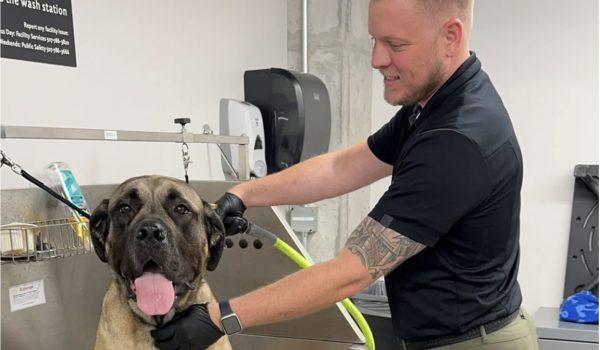
St. Olaf College provides students with approved Emotional Support and Service Animals an animal hygiene station located in New Hall. The animal hygeine station is for washing and caring for students Emotional and Service Animal.
It is also expected that all litter boxes are cleaned in the Animal Hygiene space. There is a service washbasin provided in this space for this purpose.
The animal hygiene station is open Monday through Friday from 9:00 A.M. to 2:00 P.M. Keyless access will be provided to students through their Ole ID Card. Only the animal’s owner will be allowed to enter and utilise the space, unless special consideration is made through the Office of Residence Life and Office of Disability and Access.
Owners must provide their own cleaning supplies for use in the animal hygiene station.
Abuse and/or misuse of the animal hygiene station will result in the closure of the space. Any concerns related to an ESA, Service Animal or the Animal Hygiene space should be reported to Residence Life staff.
Owners must ensure that the hygiene of the Emotional Support or Service Animal or materials associated with the animal (i.e. litter box) are reasonably clean and free of any smells that may cause a disturbance to communal living within the assigned living space and/or the residecne hall general areas.
Owners may not wash their animals or use any products that support the animal in communal spaces designated for all residents.
All owners are responsible for ensuring the cleanup of the animal’s waste. Animal waste must be placed in a sturdy plastic bag and securly tied shut before being disposed of in an outside trash dumpster.
Animal waste may not be disposed of inside of the Residence Halls.
Students utilizing this space should follow these guidelines to ensure proper usage of the space:
- All animals should remain on-leash or secured while you are utilizing this space.
- When utilizing the Animal Hygiene Station, check the water temperature prior to use on animals.
- After use, it is the owners responsibility to thoroughly clean out the Hygiene station and/or wash basin.
- Owners are expected to sweep/squeegee any messes made on the floor during use. While cleaning, animals can be leashed utilizing the leash tethers mounted on the wall.
- Please use the rug area in the space to dry off your animal.
- Report any facility issue(s):
- Regular Business Hours (Monday – Friday, 8:00 A.M. to 5:00 P.M.): Facility Services at 507-786-3280.
- After Hours/Weekends: Public Safety at 507-786-3666.
